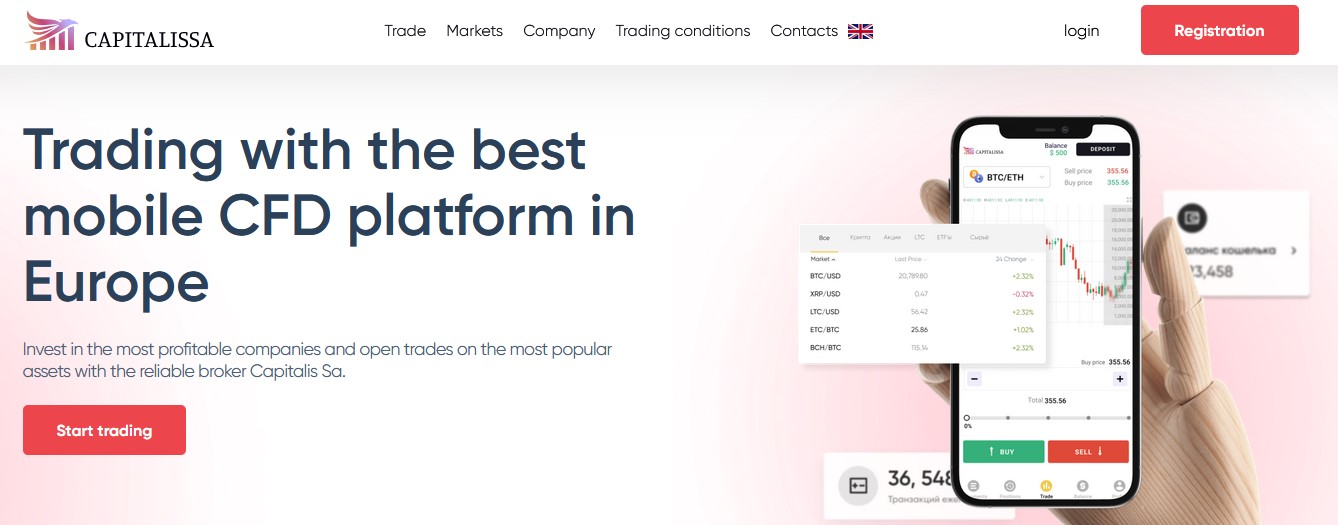"Futures" are financial instruments used to predict future changes in an underlying asset
 Julius Conley
21 / April / 22
Visitors: 1328
Julius Conley
21 / April / 22
Visitors: 1328
Future.
"Futures" are financial instruments used to predict future changes in the underlying asset (stocks, stock index, etc.): You buy or sell a certain amount of this underlying asset at maturity and at a predetermined price. But futures are very risky speculative products.
A warning.
They in no way meet medium or long term investment needs. Don't invest if: - you don't want to risk your savings, - you don't understand how these products work. If you invest: - spend only a small part of your savings on it (no more than 5%) - invest in these products only on websites authorized in France, checking their license and permission on the REGAFI website (registry of financial agents).
What is the future?
Future is a futures contract whereby two parties commit to buy or sell a certain amount of an underlying asset (such as a stock or stock index) at maturity and at a pre-agreed price. It allows you to predict future changes in the underlying asset and, therefore, can be used to hedge a portfolio against future market fluctuations. It also helps improve the performance of your portfolio. The future is a firm commitment, it must be settled on its maturity date by its counterparties: the buyer of the future must buy the underlying asset at the agreed price, and the seller must deliver the asset.
When buying (you expect the underlying asset to increase) or selling (you expect the underlying asset to decrease), a deposit is required in the future. This is a pledge that ensures the proper completion of transactions in the event of default by one or the parties. Then every day after the market closes, you get notifications of margin calls. They correspond to the profit or loss on your position and depend on whether you have reached (or not) your expectation. Thus, in case of a good wait, you are the beneficiary of the margin call. Otherwise, you are responsible for the margin call. In the event that your account balance is insufficient to pay for a margin call, your position may be canceled and the security deposit is used to pay for the margin call.
How to secure his position?
Throughout the life of the future, you can unravel your position. This decision turns out to be a must, especially when your expectation seems to deviate from reality. To do this, you just need to take the opposite position in the starting position! If you wait until the deadline arrives, the operation will automatically be cancelled. This results in either the payment of the last margin call or the surrender of the underlying asset. Liquidation or cancellation of future maturities occurs on the 3rd Friday of each month.
How to invest in futures?
In Paris, futures are traded on a regulated derivatives market called LIFFE. They can be bought and sold throughout their lifetime through an intermediary, a broker who directs orders to the market. Euronext guarantees you that your order will be executed correctly and the procedure will be carried out in accordance with the rules.
What are the risks of investing in the future?
With a low initial margin, the investor receives leverage. Be careful, leverage works both up and down. This means that it increases both profits and losses. Any expectation that is contrary to market sense can quickly lead to significant financial losses. Therefore, it is extremely important to closely monitor the actual development of the underlying factor in order to unfasten an unfavorable position in time.
Good practice before investing.
Futures are intended only for experienced investors who are well versed in the financial markets and in particular what a futures contract is based on. Before investing, make sure the futures match your goals and your risk sensitivity. Remember that futures are short-term speculative products. The future is a very risky tool. He uses leverage, which increases both profits and potential losses. This is a firm contract that obliges its counterparties. A security deposit is requested (between 5% and 10% of the future value) and margin calls are paid against possible profits or losses. The future is up for debate throughout its lifetime.
Focus: the costs associated with investing in futures.
There is a transaction fee for futures trading. They vary among different intermediaries. Feel free to ask your regular financial intermediary.
We have compiled a list of brokers, that we recommend avoiding.







